
Mar 23 , 2024
By Eden Sahle
My visit to district health centres in search of a second dose of the polio vaccine for my daughter turned out to be an unexpected experience. From rude encounters to falling ill due to unhygienic environments, it was far from what I had anticipated.
After finding that a couple of private hospitals nearby were consistently running out of the vaccine, my husband and I decided to try our luck at health centres. Initially, we visited a nearby institution where we obtained a treatment identification card without any payment required. Unlike private hospitals where we had to pay for every service, the vaccine at the centre was provided completely free of charge.
However, our hopes were dashed when we were abruptly turned away. The healthcare worker told us those who began immunisation at a private hospital were not eligible to receive the second dose there, despite referrals.
Disheartened by this experience, we embarked on a journey to explore the others. After much effort and pleading, we finally got our baby vaccinated. Amidst the stress of these expeditions, I could not help but notice the alarming state of hygiene in the health facilities.
Instead of being places of healing and safety, the health centres fell short of meeting basic hygiene standards.
There was a glaring lack of proper sanitation. Toilets lacked water for washing and flushing, some were outright unusable. Stored water was often contaminated, posing a greater risk of infection. Examination rooms and floors appeared cluttered, with broken benches and hazardous debris. Waste was improperly managed while foul odours filled the corridors.
Healthcare workers had long nails that were not clean, which they constantly scratched while handling fragile newborns. The absence of running water, soap, or hand sanitiser compounded the problem. Crowded conditions, combined with foul smells, made it unbearable to be in these facilities for extended periods, especially with infants.
The lack of organisation and record-keeping further exacerbated my frustration. Mothers and newborns were crammed into overcrowded rooms for vaccinations, with pregnant women struggling to access vaccines. I observed that without proper checks or records, nurses administered vaccines based solely on verbal information.
It was a different experience. In contrast to private hospitals where nurses and doctors assist parents in comforting their children, healthcare workers in these public facilities resorted to anger. Perhaps they are overworked and handle more than their fair share of patients.
This disregard for hygiene and patient well-being is not only unacceptable but also poses a significant risk of disease transmission. Contaminated hands and environments contribute to the spread of infections, including antimicrobial resistance, endangering both patients and healthcare workers.
When entering a healthcare facility, everyone deserves to receive quality care in a dignified and hygienic environment.
My experience revealed our facilities are a far cry from the safe and healing environment. Its impact extends beyond aesthetics and is not limited to our country. A joint study by WHO and UNICEF found that half of healthcare facilities worldwide lack basic hygiene services, putting billions at risk of infection and death. In sub-Saharan Africa, where these conditions are most prevalent, nearly a million neonatal deaths occur annually due to sepsis.
The lack of safe water and sanitation contributes to preventable diseases and deaths. Handwashing alone could prevent sepsis, a major cause of mortality worldwide. According to the study, solving these life-threatening dangers within the next six years would cost under 10 billion dollars, a fraction of what individuals currently pay for substandard care in health centres.
PUBLISHED ON
Mar 23,2024 [ VOL
24 , NO
1247]
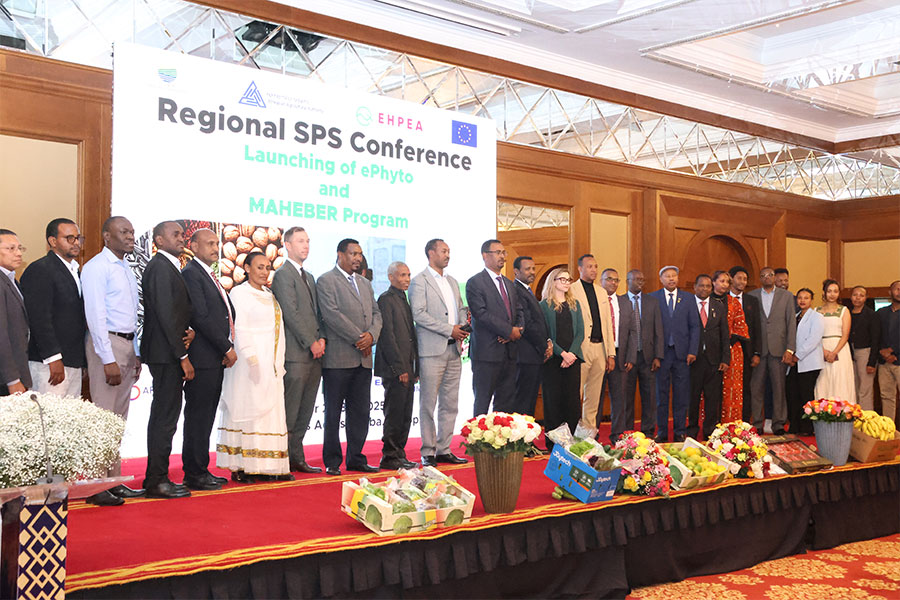
Radar | Nov 02,2025

Radar | Jan 01,2022

Sunday with Eden | Oct 12,2024
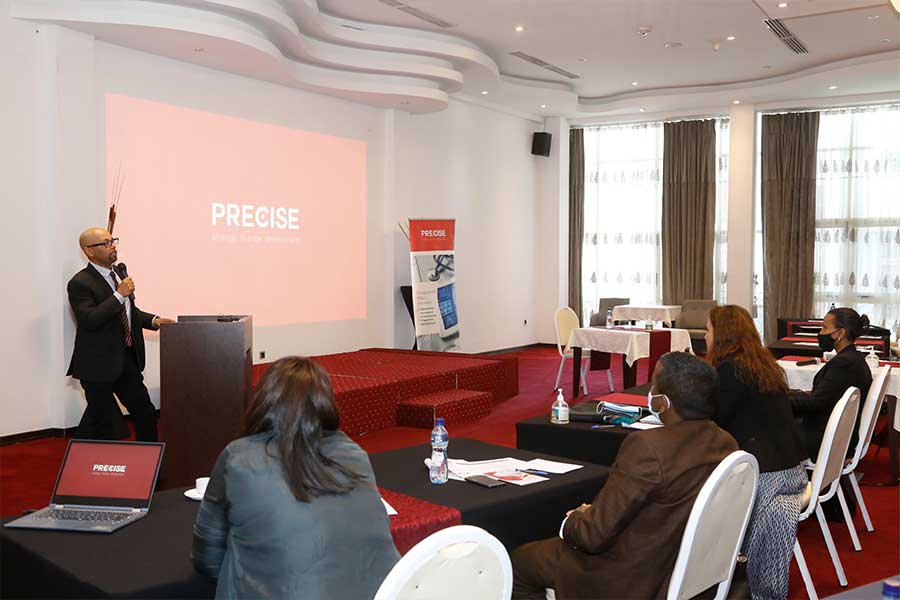
Radar | Feb 06,2021

Commentaries | Oct 03,2024
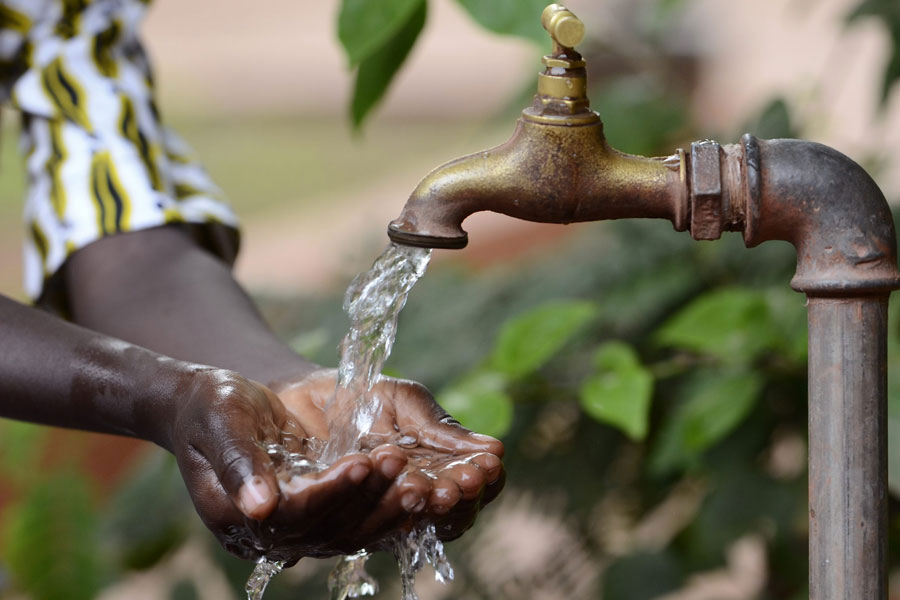
View From Arada | Nov 20,2021

Commentaries | Sep 14,2024
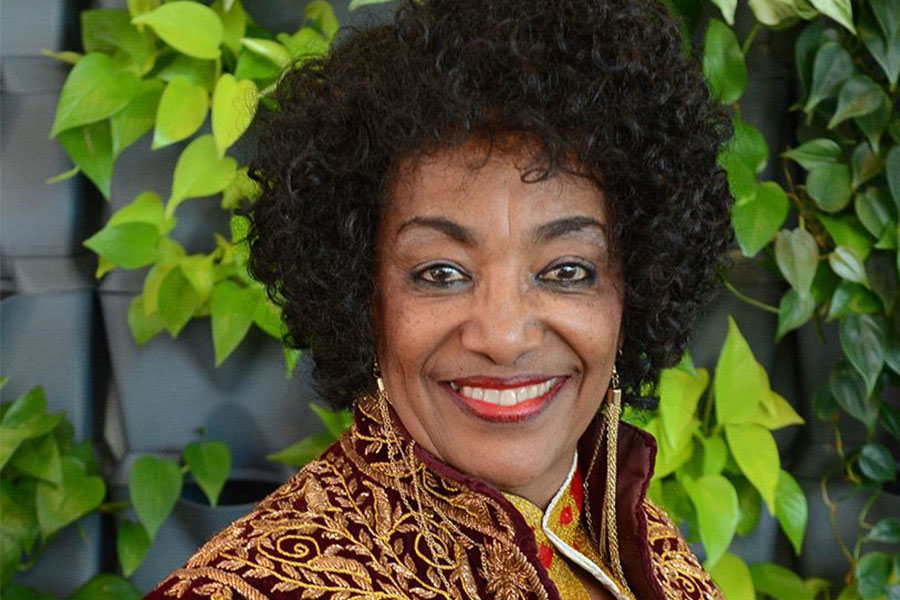
View From Arada | May 03,2025
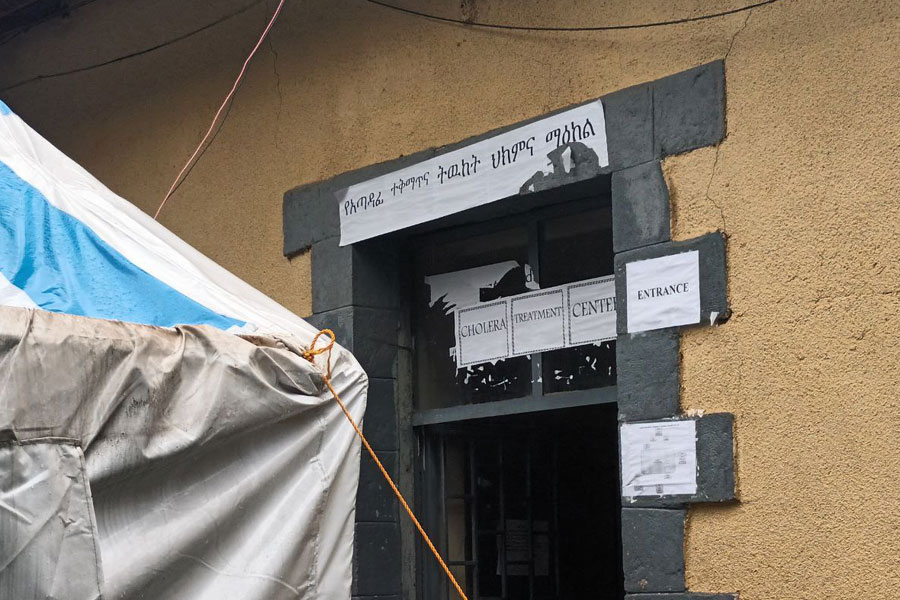
Agenda | Aug 05,2023

My Opinion | Feb 16,2019

Photo Gallery | 180502 Views | May 06,2019

Photo Gallery | 170696 Views | Apr 26,2019

Photo Gallery | 161764 Views | Oct 06,2021

My Opinion | 137288 Views | Aug 14,2021

Dec 22 , 2024 . By TIZITA SHEWAFERAW
Charged with transforming colossal state-owned enterprises into modern and competitiv...

Aug 18 , 2024 . By AKSAH ITALO
Although predictable Yonas Zerihun's job in the ride-hailing service is not immune to...

Jul 28 , 2024 . By TIZITA SHEWAFERAW
Unhabitual, perhaps too many, Samuel Gebreyohannes, 38, used to occasionally enjoy a couple of beers at breakfast. However, he recently swit...

Jul 13 , 2024 . By AKSAH ITALO
Investors who rely on tractors, trucks, and field vehicles for commuting, transporting commodities, and f...

Nov 1 , 2025
The National Bank of Ethiopia (NBE) issued a statement two weeks ago that appeared to...

Oct 25 , 2025
The regulatory machinery is on overdrive. In only two years, no fewer than 35 new pro...

Oct 18 , 2025
The political establishment, notably the ruling party and its top brass, has become p...

Oct 11 , 2025
Ladislas Farago, a roving Associated Press (AP) correspondent, arrived in Ethiopia in...

Nov 2 , 2025
The National Bank of Ethiopia (NBE) has scrapped the credit-growth ceiling that had s...

Nov 2 , 2025 . By SURAFEL MULUGETA
The burgeoning data mining industry is struggling with mounting concerns following th...

Nov 2 , 2025 . By YITBAREK GETACHEW
Berhan Bank has chosen a different route in its pursuit of a new headquarters, opting for a transitional building instea...

Nov 2 , 2025 . By BEZAWIT HULUAGER
Nib International Bank S.C. has found itself at the epicentre of a severe governance...